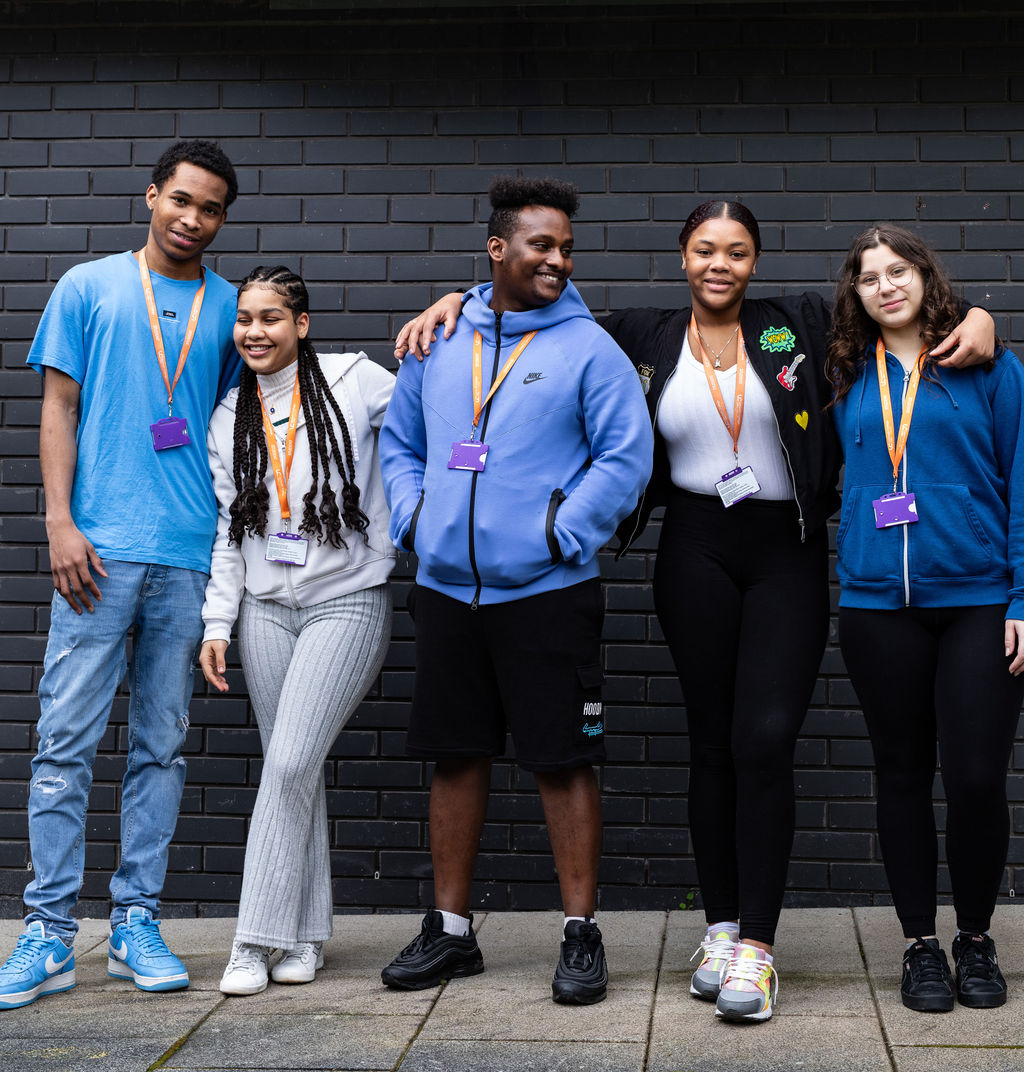1. I’m young and healthy, why should I get vaccinated?
Being vaccinated is the best way to make sure that Covid doesn’t get in the way of your life or your education, as having to isolate can have a big impact on your learning. By being fully jabbed you are much less likely to get Covid or pass it on to others. Covid is still making people ill, including young adults, and with millions of people around the world having had the jabs, there is strong evidence that people who are unvaccinated are 8 times more likely to end up in hospital and that would really impact your education and plans. You’re also more likely to get long Covid if you’re not vaccinated and that can make you feel really tired and make it hard to concentrate and remember things.
2. I’ve had Covid so I’m immune and don’t need the jab, right?
Wrong, but it’s a common misconception. When you catch Covid you will develop some antibodies that will help you fight off the virus in the future, but that protection fades over time. The jabs boost your antibody levels meaning your protection lasts longer and having the full set of 2 jabs and the booster gives you the best possible protection against any future variants.
3. I heard the jab gives you Covid, is that true?
No, that’s not true. The Covid vaccines do not contain any active virus and cannot give you Covid.
4. What is long Covid and should I worry about it?
Long Covid, or post Covid-19 syndrome as it’s officially known, is when the symptoms of Covid last long after the infection has gone. How long it takes to recover from Covid-19 is different for everybody but some people, even if they only have very mild symptoms of Covid itself, can end up with symptoms that can last months.
The most common symptoms in young people are ‘brain fog’ or having problems with memory and concentration, feeling very tired and also feeling down or having ‘low mood’. The good news is that by having the vaccine your chances of getting long Covid are hugely reduced.
5. I heard that the jab can make you infertile, is that right?
No, that is not right. Millions of people around the world have been fully vaccinated and there is no evidence of any impact on fertility for men or women.
6. What about the side effects of the jab?
All of the Covid vaccines approved for use in the UK have met strict standards and checks on their safety and quality. They can cause some side effects, but not everyone gets them. Any side effects, such as a sore arm, feeling tired, achy or maybe sick, are usually mild and should not last longer than a week.
7. I’ve been told that having the Covid job is against my religion – is that right?
Most faiths support Covid vaccination especially as the Covid vaccines in the UK do not include any animal products. Leaders of Christianity, Islam, Judaism and many other religions have openly supported vaccination.
8. None of my family is vaccinated, why should I?
From the age of 16, you are able to make your own decision about whether you get the vaccine. You can get information from the NHS website to help make that decision or ask your college for support. Once you have everything you need to know, you can make the right decision for you.
9. Omicron is mild and we’re supposed to be getting back to normal, so I don’t need to get jabbed, right?
While you are right that for most people Omicron is mild which is allowing us to get back to normal and start ‘living with Covid’, this might not always be the case. New variants are developing all the time and being vaccinated is your best protection against new variants. Also, the more people that are vaccinated, the fewer people the virus has to infect and so the rate of new variants developing reduces.
10. If I just get one jab, that’ll be enough, won’t it?
To have the maximum protection that lasts the longest you will need 2 jabs, 12 weeks apart and then the booster 12 weeks after that. It is common to need more than one vaccination to get maximum protection, for example many of the childhood vaccinations are small doses given multiple times to build maximum protection.
11. Other people at college are already jabbed so I don’t need to be, do I?
The higher the number of people who are vaccinated the safer it is for everyone - and the benefits only really show when almost everyone is vaccinated. Being unvaccinated makes it much more likely for you to be seriously ill with covid.
12. I really hate needles; can I get protected some other way?
The vaccination does involve a small needle, but most people are not even aware that it’s gone in. If you are nervous about injections, just tell someone at the vaccination centre and they will look after you.
13. I’m a vegan and heard that the vaccines contain animal products, is that true?
No, that is not true for any Covid vaccines given in this country.
14. People are saying the pandemic is over, so isn’t this all a bit much?
Scientists say that Covid-19 in some form will always be with us and that we will learn to live with it in the same way we do with colds and other bugs. The only reason this is possible is because of Covid vaccinations which protect all of us and this protection will be maintained as long as the vast majority of people are vaccinated regardless of their age.
15. I’m not registered with a GP, can I still get the vaccine?
Yes, you can. The Covid vaccination is free to everyone. To get vaccinated you do not need to be registered with a GP, you don’t even need proof of address or your NHS number, although it might help if you had them. All you need to do is look up your nearest walk-in centre and drop in (search ‘book a Covid jab’). It really is as easy as that.
16. So, if I wanted to get the vaccine, how do I do it?
There are a number of options, so choose the one that suits you best. You can contact your GP for an appointment if you have one, you can book yourself a slot on the NHS booking site or just turn look up your nearest walk-in centre (search ‘book a Covid jab for both options) or call 119, the free Covid helpline.



